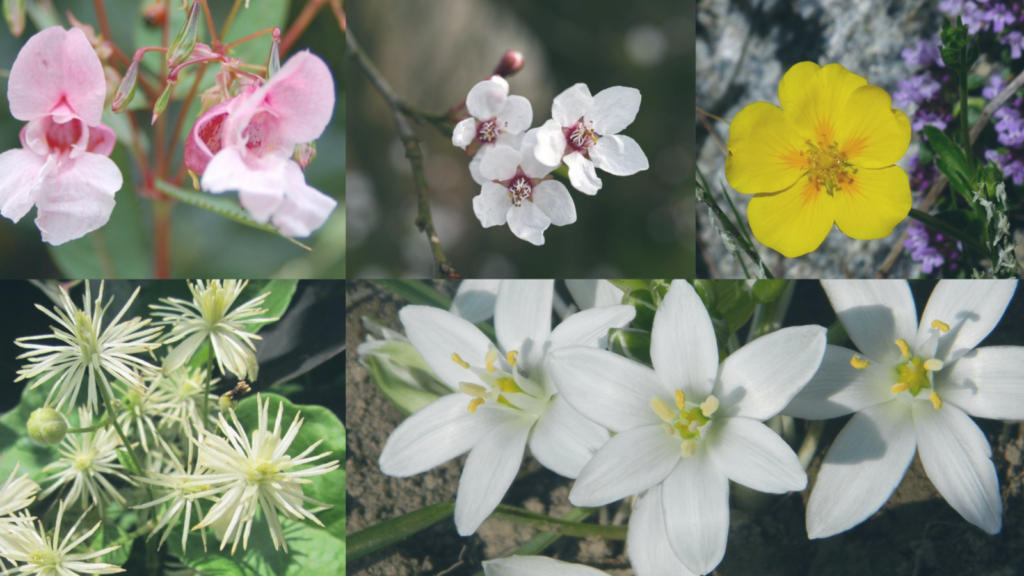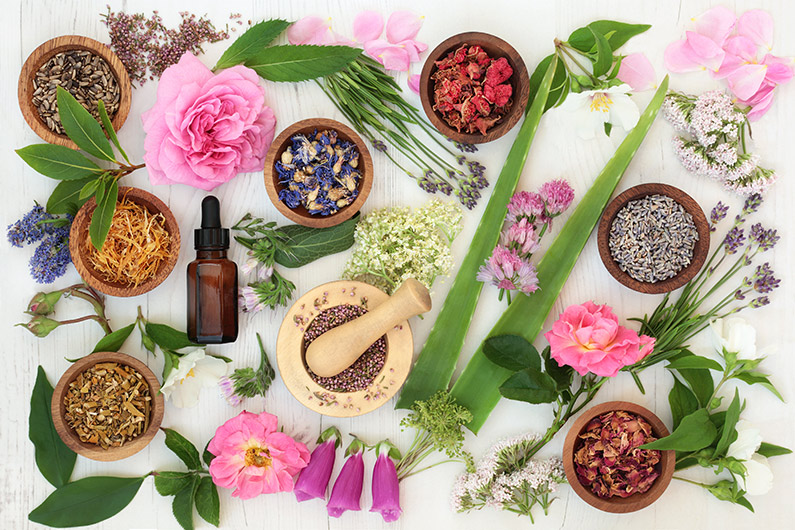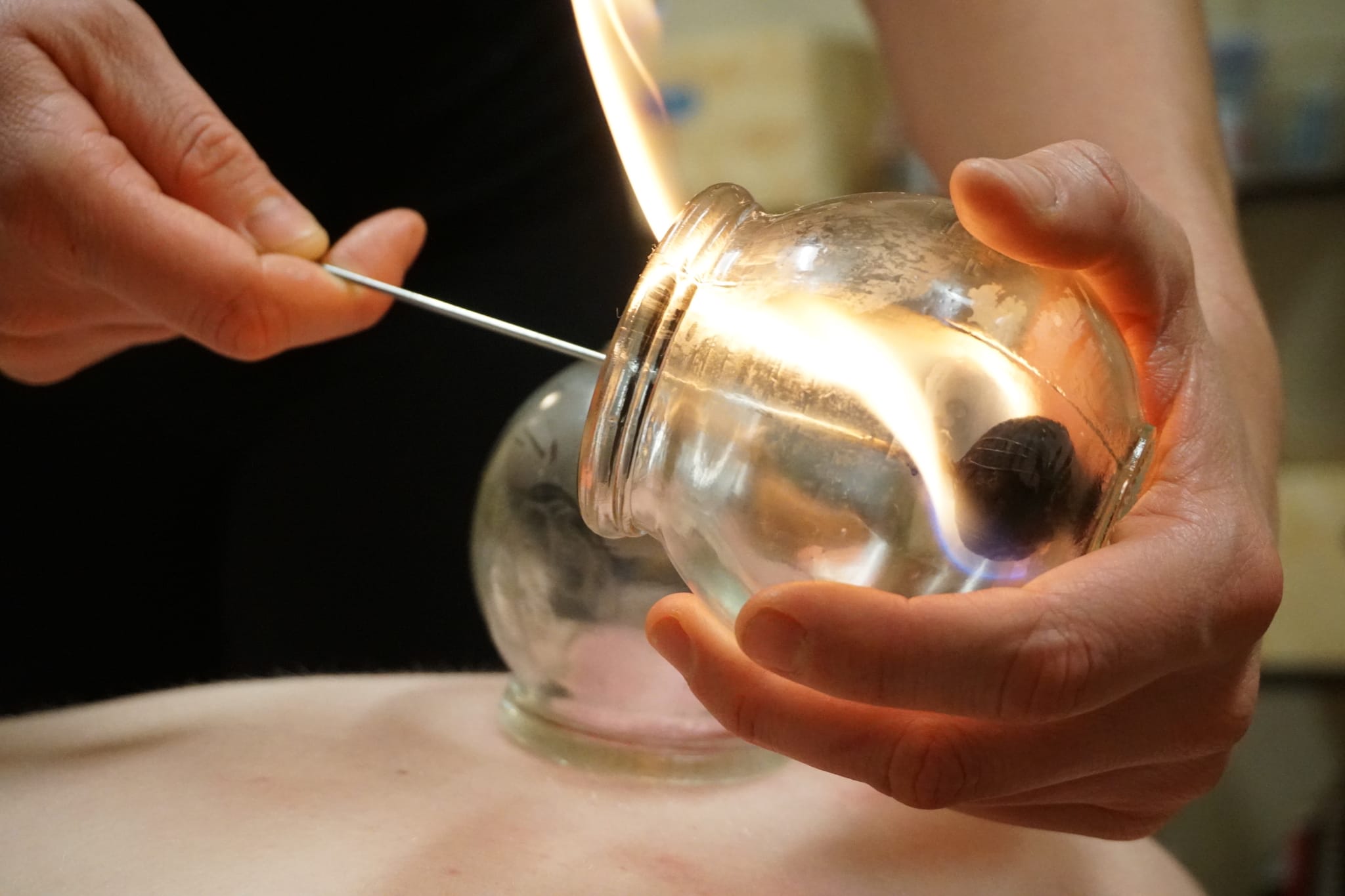
Bach Flowers Remedies were created from a UK Doctor named Dr. Edward Bach M.B., B.S., M.R.C.S., L.R.C.P., D.P.H., (1886- 1936). He dedicated his life to medicine, and helping those who are experiencing illness. After experiencing illness, himself, and healing when all other doctors said he would die, Dr. Bach moved from a Medical Harley Street Doctor to Herbal studies and practise. Dr. Bach spend 20 plus years researching herbal medicines, and characteristic of individual to main inner harmony for whole health. This is how the development of Bach Flower Remedies were born, and are now available worldwide.
Bach Flowers and their essence simply change the frequency from negative to positive, providing good transition and nourishment of wholism.
There are 38 remedies in total – all extracted from a sun or boil method, and preserved in a grape brandy.
A well-known combination blend Rescue Remedy is best used for crisis situations.
One can take the flower tinctures internally or use them on acupressure points.
For best results, it is advised to work with a professional.
Below is a list of the 38 remedies categorized by 7 different emotional experiences, with key words.
38 Bach Flower – Related Emotion/Key Words
Fear
- Mimulus – Fear of known things
- Rock Rose– Terror
- Aspen– Fears and worries of unknown origin
- Cherry Plum – Fear of mind giving away
- Red Chestnut –Fear or over concern for others
Uncertainty
- Cerato – Seeks advice and confirmation from others
- Scleranthus – Indecisive
- Gentain– Discouragement, despondency
- Gorse – Hopelessness and despair
- Wild Oat – Uncertainty as to the correct path in life
- Hornbeam – “Monday morning” feelings
Insufficient interest in present circumstances
- Olive – Lack of energy
- Clematis – Dreaminess, lack of interest in the present
- Honeysuckle– Lives in the past
- White Chestnut - Unwanted thoughts, mental arguments
- Chestnut Bud – Failure to learn from past mistakes
- Mustard – Deep gloom with no origin
- Wild Rose – Resignation, apathy
Loneliness
- Impatiens – Impatient
- Water violet– Proud, aloof
- Heather – Self-centeredness, self-concern
Over sensitivity to influences and ideas
- Walnut– Protection from change and outside influences
- Agrimony – Mental torment behind a brave face
- Centaury - Weak-willed and subservient
- Holly – Hatred, envy, jealousy
Despondency and Despair
- Willow – Resentment
- Larch – Lack of confidence
- Pine – Self-reproach
- Crab apple – Self-hatred sense of uncleanliness
- Elm – Overwhelmed by responsibility
- Oak– Exhausted but struggles on
- Star of Bethlehem– Aftereffects of shock
- Sweet chestnut – Extreme mental anguish
Overcare for the welfare of others
- Chicory – Self possessive
- Vervain – Over enthusiasm, wound tight
- Vine – Domineering, inflexible
- Beech – Intolerance
- Rock water– Self repression, self-denial







